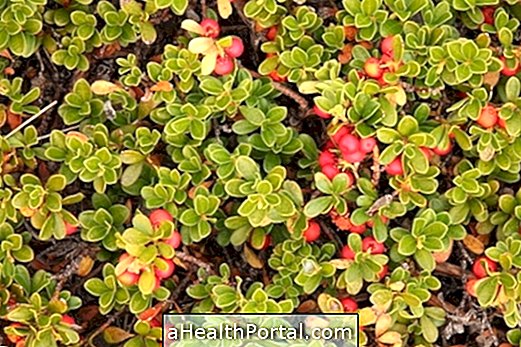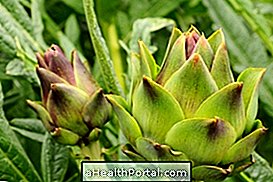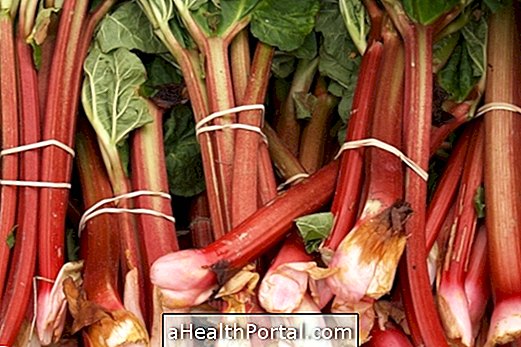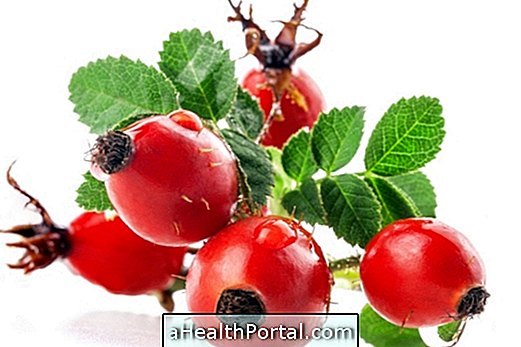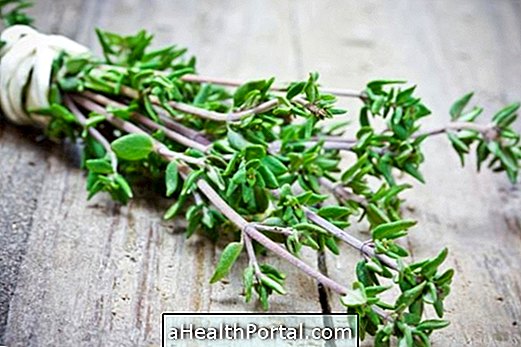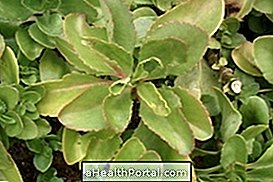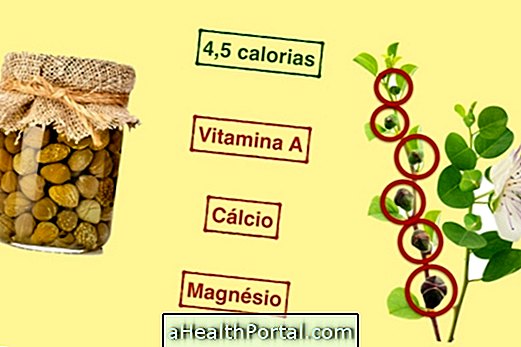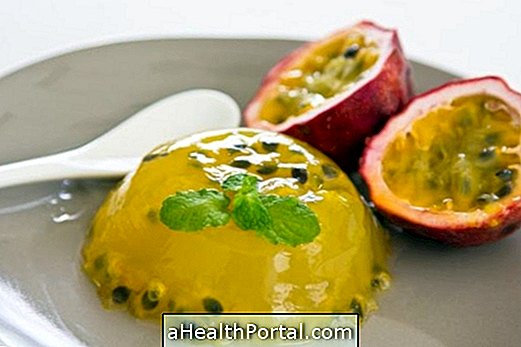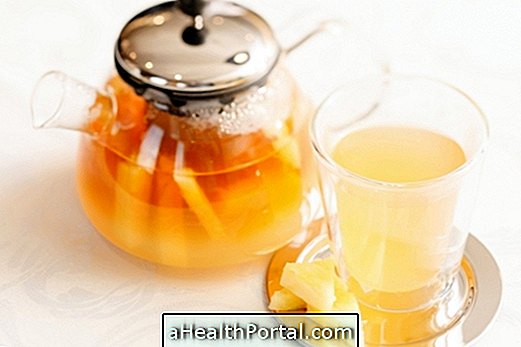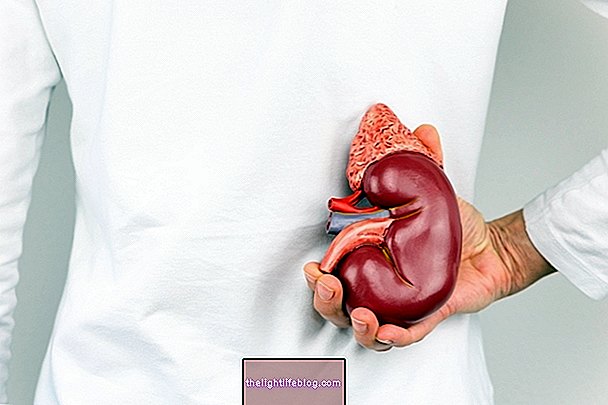Sage is a medicinal plant, also known as Sage, Tea-of-Europe, Tea-of-France, Sage-grass or Sage-grass, much used to treat intestinal problems and excessive perspiration, for example.
Its scientific name is Sálvia officinalis and can be bought in natural products stores and in some handling pharmacies.
What is it for
Salva helps to treat excessive flatulence, diarrhea, enteritis, excessive sweating, inflammation of the skin, inflammation of the mouth, bleeding gums, poor digestion, poor appetite and hoarseness.
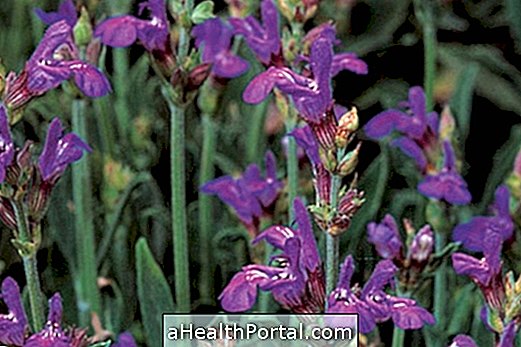
properties
The properties of Salva include its antibacterial, anti-inflammatory, antiperspirant and appetite-stimulating action.
How to use
The used parts of the Salva are its leaves to make teas or mouth rinses.
- Salvia tea for digestive problems: put 20 g of dried leaves in 1 liter of boiling water. Let stand for 10 minutes, strain and drink 2 to 3 times a day;
- Sage mouthwash for oral inflammation: put 2 to 3 drops of Sage essential oil in a glass of hot water. Allow to cool and rinse whenever necessary.
Side effects
The side effects of Salva include nausea and increased heart rate when ingested in excess or for prolonged time.
Contraindications
Salva is contraindicated for pregnant women and children, as well as for patients undergoing treatment for diabetes or epilepsy.
